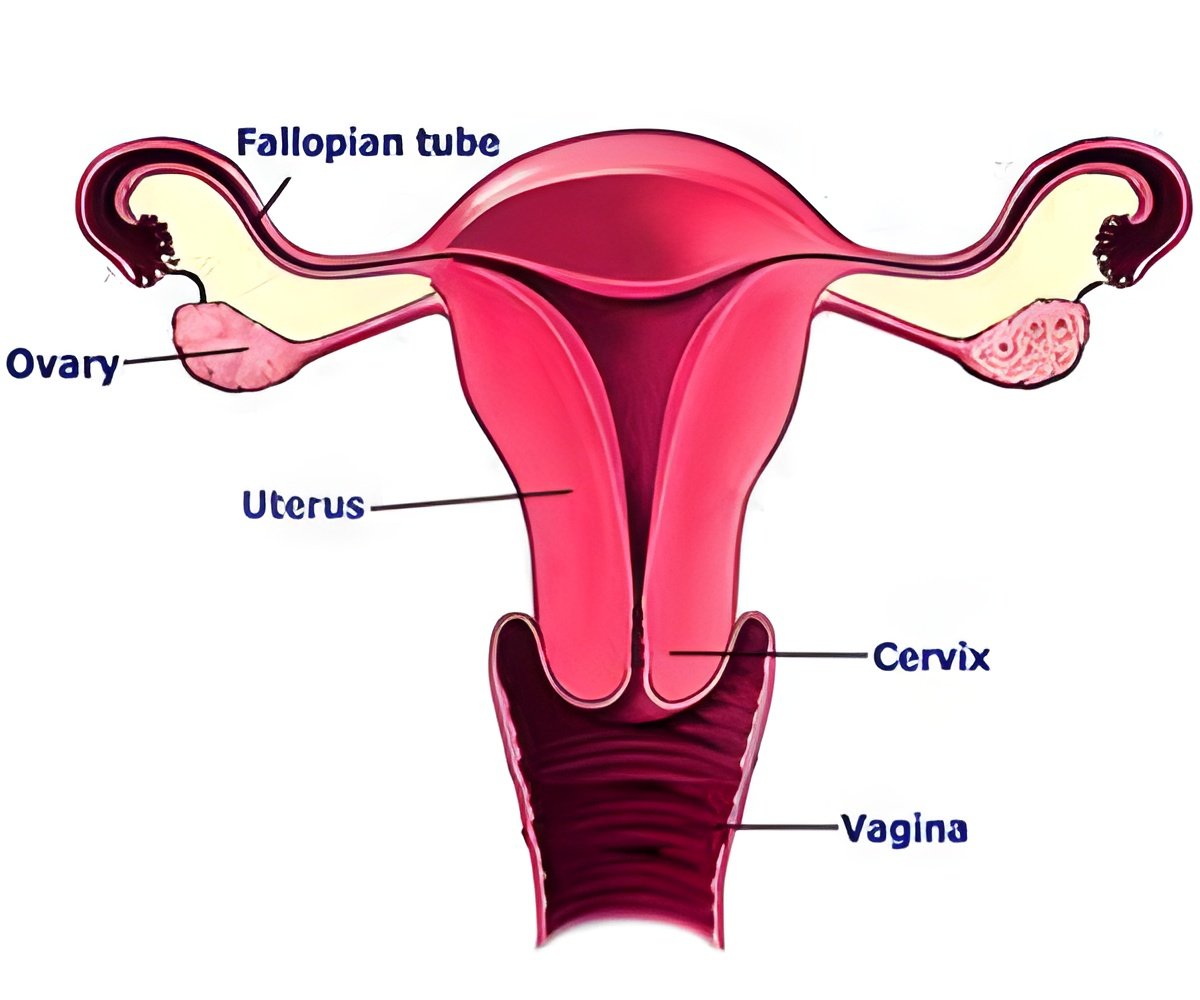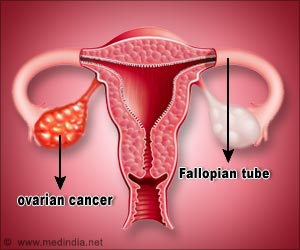Financial toxicity is a very common problem among patients with gynecologic cancers and that there are increasingly worrisome cost-coping strategies employed with increasing severity of the financial toxicity.

‘The cost of cancer care in United States was an estimated $183 billion in 2015 and is projected to rise by 30 percent by 2030, according to the American Cancer Society.’





"Yet despite the many differences in the demographic characteristics of the surveyed patients at each institution — including important risk factors for financial toxicity, such as race, income, education, employment status, and insurance status — patients had a similar risk of financial toxicity.” Using the Comprehensive Score for Financial Toxicity (COST) to measure the economic burden experienced by patients with cancer, Esselen and colleagues analyzed previously collected survey data from 308 patients with gynecologic cancer — 240 patients surveyed at BIDMC and 121 surveyed at UAB. The team adapted a proposed grading scale to define three groups: no/mild, moderate, and severe financial toxicity and evaluated the frequency of financial toxicity among each group. They found that nearly half of patients with gynecologic cancer reported experiencing moderate to severe financial toxicity.
Further analysis of survey data revealed that younger patients were at greater risk of experiencing financial toxicity for a variety of reasons. Younger patients are not eligible for Medicare, and diagnosis and treatment may impact their ability to work. They have also had fewer earning years to accumulate a financial safety net.
Patients reporting severe financial toxicity accounted for 15 percent of those surveyed. Esselen and colleagues found this group more likely to report changing spending habits and borrowing money due to the costs of cancer care. Most alarmingly, those reporting severe financial hardship were nearly five times more likely to attempt to cope with the high cost of care through medication non-compliance.
“Our study confirms that financial toxicity is a very common problem among patients with gynecologic cancers and that there are increasingly worrisome cost-coping strategies employed with increasing severity of the financial toxicity, including medication non-adherence as a cost-coping strategy.,” said Esselen.
Advertisement
Co-authors included senior author Margaret I. Liang of University of Alabama at Birmingham; Annika Gompers, Michele R. Hacker and Meghan Shea of BIDMC; Sara Bouberhan of Massachusetts General Hospital; and Sarah S. Summerlin, Lindsay R. Rucker and Warner K. Huh and Maria Pisu of University of Alabama at Birmingham.
Advertisement
Source-Newswise










